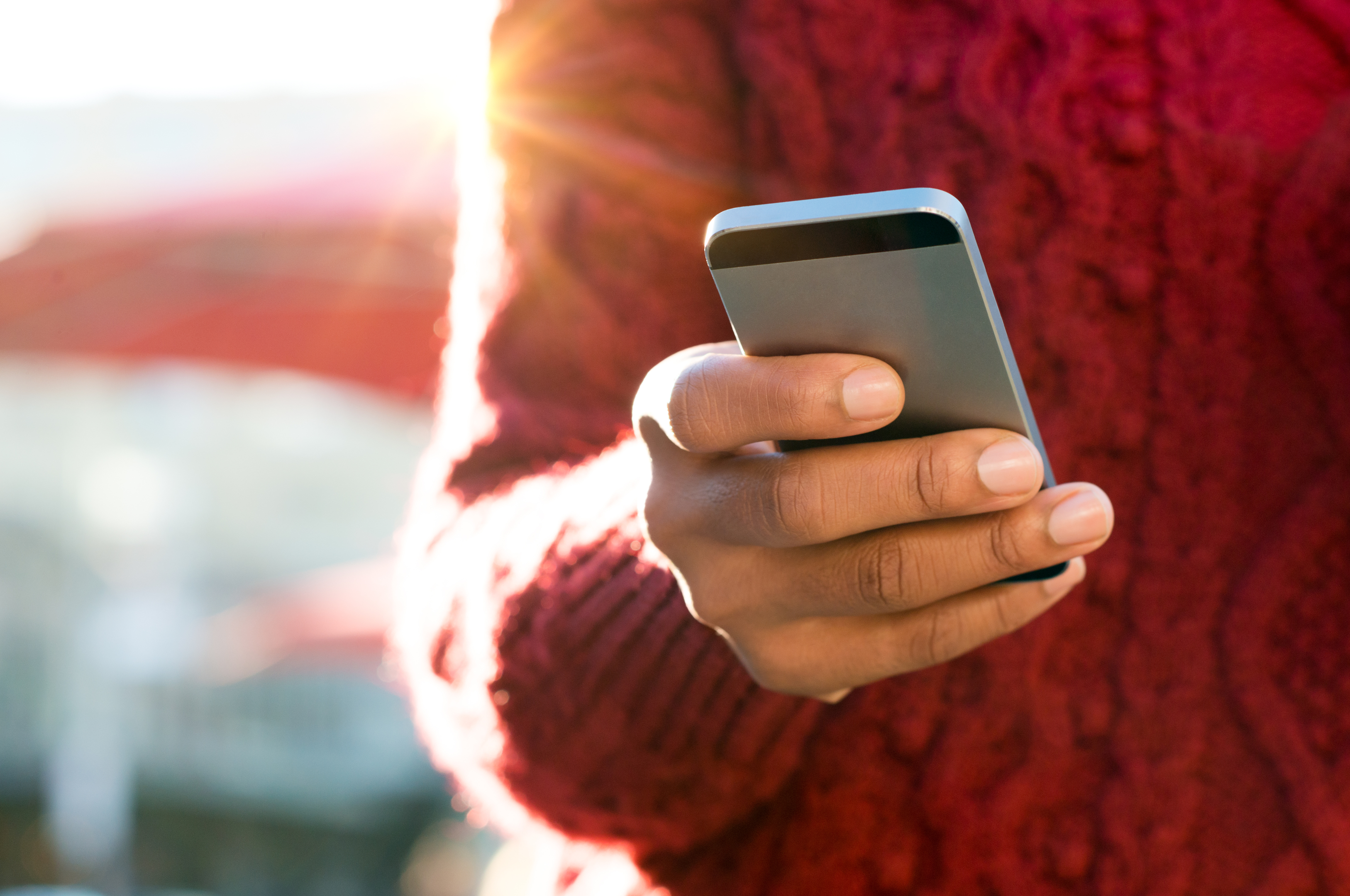
MOBILE 4G connection “varies wildly” across the UK, which lags behind Estonia and Peru for overall availability, latest figures show.
Middlesbrough is the best city for 4G access with 83% availability, while Bournemouth is the worst at 68%, the report from consumer group Which? and independent mobile coverage analyst OpenSignal found.
The comparison of 20 of the biggest cities across the UK placed London at 16th on the table, while Glasgow and Edinburgh came 9th and 10th respectively.
The average overall 4G availability across the UK is 65%, meaning mobile users can only access 4G nearly two-thirds of the time.
This ranks the UK at just 54th in the world, behind Estonia and Peru.
The report also looked at average 4G download speeds across the UK, finding Stoke-on-Trent to be the fastest city and Brighton the slowest.
Which? is calling on the next government to work with Ofcom and mobile providers to ensure that “critical” reforms are made to the market that deliver better performance and service for customers.
The OpenSignal study analysed more than 500 million data readings from mobile phones taken from more than 30,000 users between December 1 and February 28.
Alex Neill, Which? managing director of home products and services, said: “These latest findings underline the need for Ofcom to keep the pressure on mobile operators, so that every part of the country gets a decent service on their mobile phone.
“Our mobile phone is central to how we live our lives and that is why it is so frustrating when we can’t access emails or browse the internet on the go.”
OpenSignal chief executive Brendan Gill said: “The mobile data experience isn’t the same in every city for UK consumers.
“OpenSignal users found 4G signals more often in Middlesbrough than in Manchester and faster 4G connections in Stoke than in London.”

Enjoy the convenience of having The Sunday Post delivered as a digital ePaper straight to your smartphone, tablet or computer.
Subscribe for only £5.49 a month and enjoy all the benefits of the printed paper as a digital replica.
Subscribe